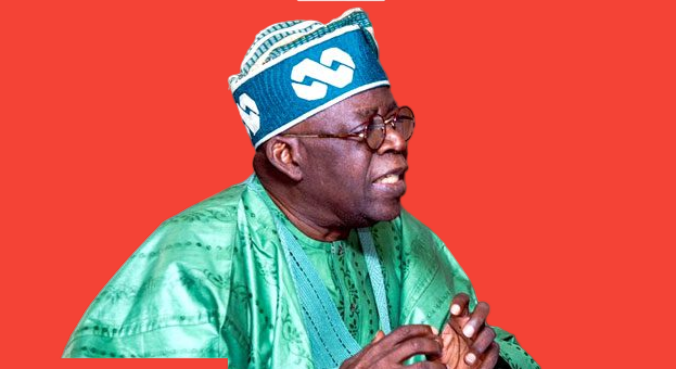Organized labor in Nigeria, represented by the Nigeria Labour Congress (NLC) and the Trade Union Congress (TUC), stressed the importance of President Bola Tinubu’s administration fulfilling its promises to Nigerian workers in 2024. Their cautionary stance, emphasizing the need for the administration to “walk the talk,” emerged following the President’s New Year broadcast, which faced harsh criticism from opposition parties.
In response to the broadcast, the NLC and TUC highlighted concerns about the Tinubu administration’s tendency to not honor promises. According to Benson Upah of the NLC and Tommy Etim of the TUC, the government has gained a reputation for reneging on commitments, urging for actions that align with the promises made.
The Peoples Democratic Party (PDP) and Labour Party (LP) sharply criticized the President’s speech, labeling it as filled with deceit and void of substance, addressing none of the critical issues faced by the nation. They particularly emphasized insecurity, infrastructure decay, inflation, unemployment, poverty, and economic hardships as unaddressed concerns.
The PDP’s Publicity Secretary condemned the President’s actions and policies, stating they aggravated existing problems, such as the increased fuel price and devaluation of the national currency, while neglecting critical areas for economic revival and job creation. The PDP demanded accountability regarding the nation’s earnings, especially following the removal of petroleum subsidy.
Similarly, the LP accused President Tinubu of dishonesty and a lack of empathy, citing the omission of condolences for victims of recent attacks and the failure to address critical issues in the speech. They questioned the decision to remove the fuel subsidy without plans to mitigate the resulting hardships.
However, the ruling All Progressives Congress (APC) defended the President’s speech, dismissing opposition criticisms as an attack on the intelligence of Nigerians. APC’s Director of Publicity, Bala Ibrahim, highlighted the President’s efforts to address national problems and criticized the opposition for misconstruing the speech.
Nze Chidi Duru from the APC acknowledged the opposition’s role but emphasized the President’s focus on difficult decisions, including fuel subsidy removal and efforts to enhance electricity supply while promising consequences for underperforming officials.
On a positive note, Issa Aremu from the Michael Imoudu National Institute for Labour Studies hailed President Tinubu’s commitment to a new minimum and living wage, emphasizing the importance of wage-led economic growth and poverty eradication.
Meanwhile, the Lagos Chamber of Commerce and Industry (LCCI) commended the President’s dedication to addressing critical economic issues but cautioned that certain aspects, such as power sector restructuring and security in agricultural investments, required urgent attention. The LCCI stressed the need for more detailed strategies to tackle inflation, under-employment, security, and social inequality.
